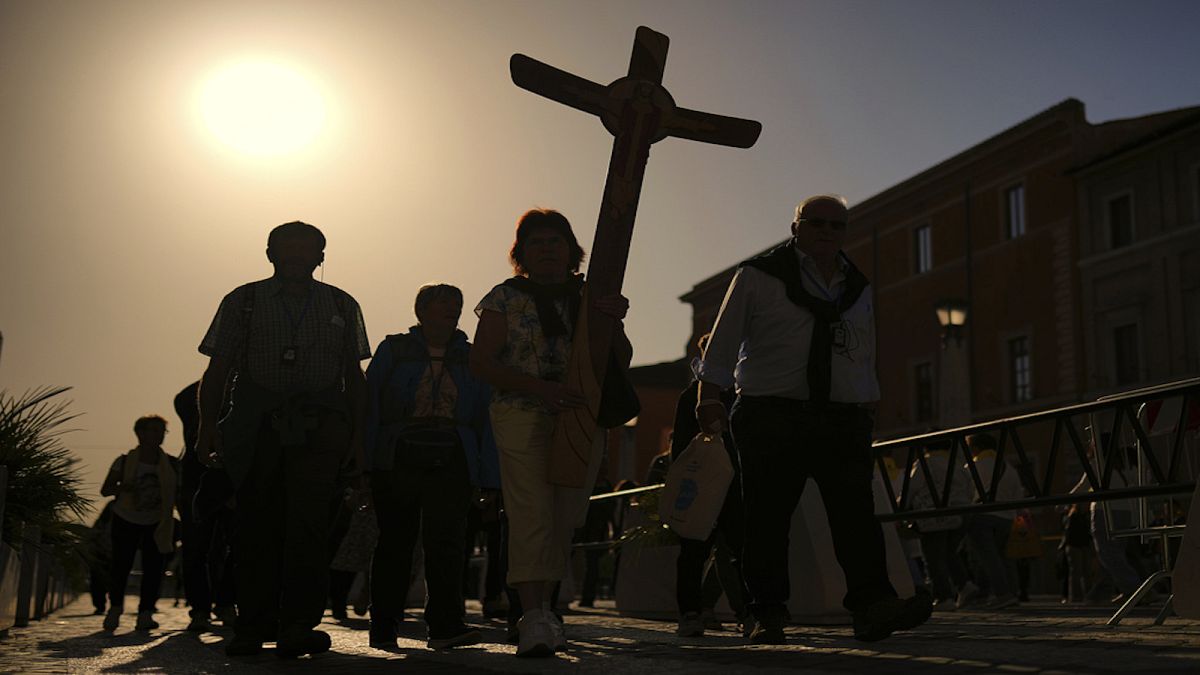EU to review Israel cooperation agreement as international pressure grows

The EU will review its cooperation deal with Israel after a ‘huge majority’ of Member States supported the proposal in the wake of the renewed military offensive in Gaza and aid blockade.
“The situation in Gaza is catastrophic,” said the EU’s top diplomat Kaja Kallas in a press conference after a meeting of foreign affairs ministers in Brussels on Tuesday. “I will not say numbers and not say Member States but I can say it’s a huge majority for this.”
She also called on the immediate flow of aid ‘at scale’ into Gaza in the meantime.
The move came about as several European countries’ stance on Israel has hardened in recent weeks following the end of the ceasefire in Gaza in March, an 11-week blockade of humanitarian aid by Israel and an expansion of Israel’s military operations in Gaza.
Gaza’s health ministry said at least 3,427 people have been killed since Israel resumed strikes on March 18, taking the war’s overall death toll to 53,573. The UN’s Integrated Food Security Phase Classification warned last week that Gaza is at critical risk of famine due to the ongoing conflict and aid blockade.
The blockade was partially lifted on Monday, but only to allow minimal aid which the United Nations described as a “drop in the ocean” of what’s needed.
Why is the EU looking at its agreement with Israel now?
Dutch Foreign Minister Caspar Veldkamp wrote a letter to Kallas earlier this month asking the EU to investigate whether Israel is still abiding by the terms of the EU-Israel Association Agreement.
According to Veldkamp, Israel is violating Article 2 of the Association Agreement with the aid blockade. This states that human rights and democratic principles must be respected.
He also let it be known that he will not agree to extend the EU-Israel Action Plan pending the investigation. The Action Plan fleshes out EU-Israel cooperation. An extension would require unanimity.
The Association Agreement and its EU-Israel Action Plan gives Israel economic privileges in the EU, among other things. It is also eligible for certain European subsidies. The EU is Israel’s biggest trading partner.
A review will now be carried out although no timeframe has been announced.
Kallas also said that sanctions on Israeli settlers in the West Bank had been prepared, but were blocked by one Member State, which according to sources was Hungary.
Israel criticised the EU’s move, warning it could complicate efforts to reach a ceasefire in Gaza. Foreign ministry spokesman Oren Marmorstein said growing international criticism towards Israel would only embolden Hamas in the ongoing negotiations.
Israel’s recent actions have led to increased international pressure
French president Emmanuel Macron, British prime minister Keir Starmer and Canadian prime minister Mark Carney released a strongly worded joint statement on Monday saying they will take “further concrete actions” if Israel does not “cease the renewed military offensive and lift its restrictions on humanitarian aid”.
“We will not stand by while the Netanyahu Government pursues these egregious actions,” the leaders said while calling for a ceasefire and the return of the remaining hostages taken by Hamas during its attack on Israel on October 7, 2023.
“We are committed to recognising a Palestinian state as a contribution to achieving a two-state solution and are prepared to work with others to this end,” they added.
Israeli Prime Minister Benjamin Netanyahu slammed the move in a post on X: “By asking Israel to end a defensive war for our survival before Hamas terrorists on our border are destroyed and by demanding a Palestinian state, the leaders in London, Ottawa and Paris are offering a huge prize for the genocidal attack on Israel on October 7 while inviting more such atrocities.”
UK Foreign Secretary David Lammy then announced on Tuesday that negotiations with Israel over a free trade deal have been suspended. He also stated that the Israeli ambassador has been summoned by the UK government in response to the ‘cruel’ aid blockade and the imposition of sanctions on West Bank settlers.
In a separate joint statement on Monday, the foreign ministers of more than 20 countries, including Denmark, Estonia, Finland, France, Germany, Iceland, Ireland, Italy, Latvia, Lithuania, Luxembourg, the Netherlands, Norway, Portugal, Slovenia, Spain, Sweden and the UK urged Israel to fully reopen humanitarian aid access to the Gaza Strip.
“Whilst we acknowledge indications of a limited restart of aid, Israel blocked humanitarian aid entering Gaza for over two months. Food, medicines and essential supplies are exhausted. The population faces starvation. Gaza’s people must receive the aid they desperately need,” the statement said.
The ministers made two clear demands of Israel: “Allow a full resumption of aid into Gaza immediately and enable the UN and humanitarian organisations to work independently and impartially to save lives, reduce suffering and maintain dignity.”
The EU remains split on the issue
Last Friday, Iceland, Ireland, Luxembourg, Malta, Norway, Slovenia and Spain expressed concern in a joint statement about Israel’s plans to expand its offensive in Gaza and occupy the Palestinian territory. The prime ministers of these countries also reaffirmed, among other things, their commitment to a two-state solution.
Protests have also been putting pressure on governments to act.
In The Hague, tens of thousands of people turned out on Sunday to protest the Dutch government’s policy on Israel’s war on Gaza. Many protesters dressed in red at the request of the organisers, Oxfam Novib, who wanted to symbolically trace a red line for Gaza.
Rally participants pressed the Dutch government to take action against Israel, arguing that it is commiting “genocide” in Gaza.
Organisers said more than 100,000 people took part, describing it as the largest demonstration in the country in 20 years. Police did not give an estimate.
Italian parliamentarians protested on Sunday in front of Egypt’s Rafah border crossing with Gaza, calling for aid access and an end to the war in the devastated Palestinian territory. “Europe is not doing enough, nothing to stop the massacre,” Cecilia Strada, an Italian member of the European parliament, told AFP.
The group – including eleven members of the Italian parliament, three MEPs and representatives of NGOs – held signs reading “Stop genocide now”, “End illegal occupation” and “Stop arming Israel”.
“There should be a complete embargo on weapons to and from Israel and a stop to trade with illegal settlements,” Strada said.
Italy’s government on Saturday reiterated its calls to Israel to stop attacking Gaza, with Foreign Minister Antonio Tajani saying: “Enough with the attacks.”
“We no longer want to see the Palestinian people suffer,” Tajani said.
However, Italy is against the review of the EU-Israel Association Agreement.
Last week in Belgium, universities called on the EU to suspend its association agreement with Israel. “Continuing the treaty is perceived as legitimising a government that commits widespread human rights violations and even prevents humanitarian aid from reaching the Palestinian population. This is in no way reconcilable with basic European values,” they said.
Government support for Israel remains strong in other EU countries
Hungary’s parliament approved a bill to withdraw from the International Criminal Court on Tuesday. It rejected the court’s arrest warrant for Netanyahu and prime minister Viktor Orbán said earlier this year when Netanyahu was visiting that the “court has been degraded to a political tool”.
Czechia is also a strong supporter. It is not in favour of reviewing the EU-Israel agreement. “I think that if we have any reservations, we should communicate them directly to Israel and we can, for example, convene the association council and discuss it in some way,” Czech Foreign Minister Jan Lipavský said on Tuesday.
He said Czechia is in favour of humanitarian aid going into Gaza but added: “We have to organise this aid in such a way that it cannot feed Hamas, a terrorist organisation that is constantly continuing its attacks on Israel.”
Germany maintains a good relationship with Israel too. During a trip last week to mark 60 years of diplomatic ties between the two countries, German President Frank-Walter Steinmeier balanced that support with a plea for relief in Gaza.
“The friends of Israel, and I count Germany as a special friend, are not naive,” Steinmeier said. “They recognise the dilemma that Hamas is creating for the Israeli army by cowardly hiding behind civilians while continuing to fire rockets at Israel.”
“But I also fear that the suffering that the people in Gaza are experiencing is deepening the rifts further. And that worries me, as it does many other friends of Israel.”
This article is published twice a week. The content is based on news by agencies participating in the enr.
What's Your Reaction?
 Like
0
Like
0
 Dislike
0
Dislike
0
 Love
0
Love
0
 Funny
0
Funny
0
 Angry
0
Angry
0
 Sad
0
Sad
0
 Wow
0
Wow
0







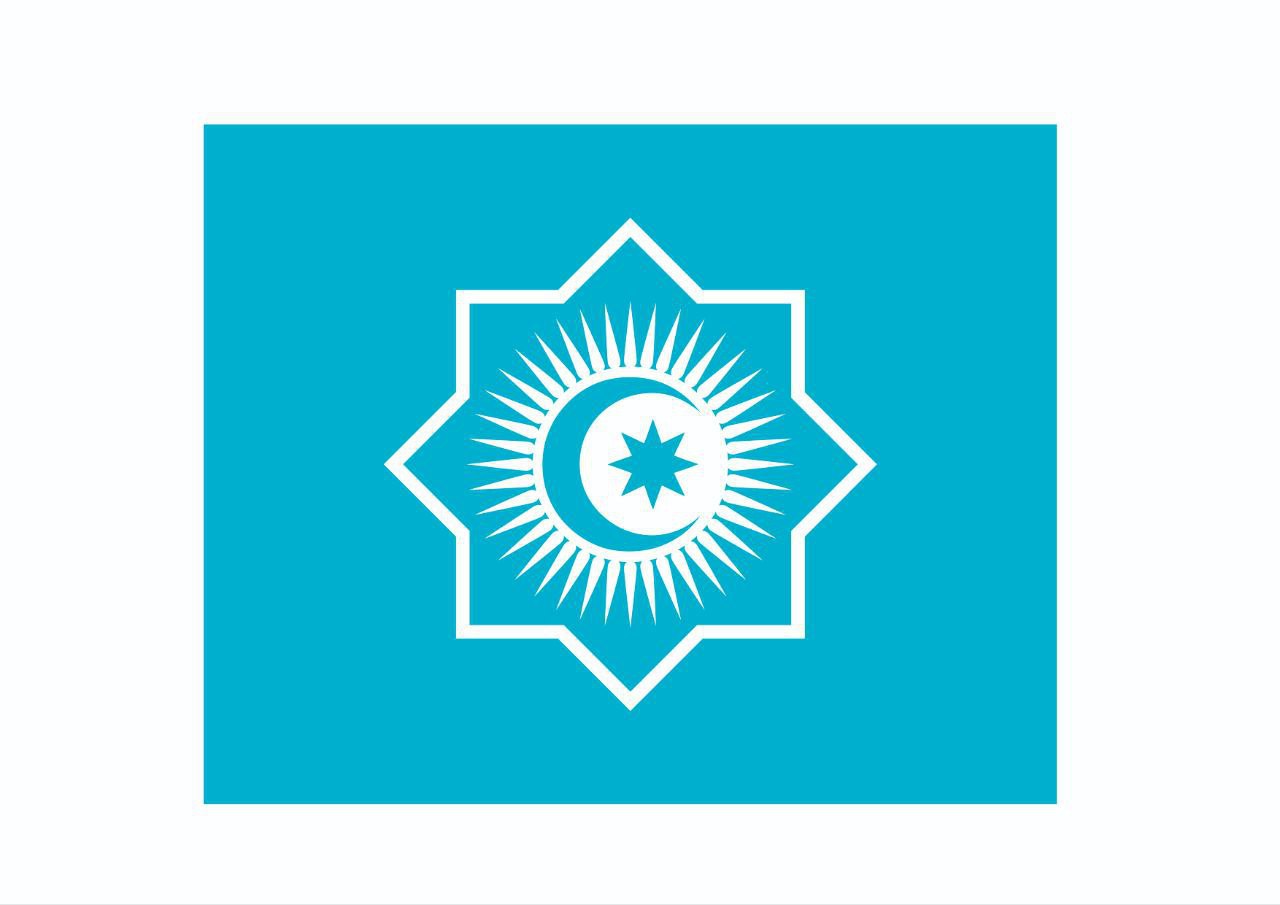
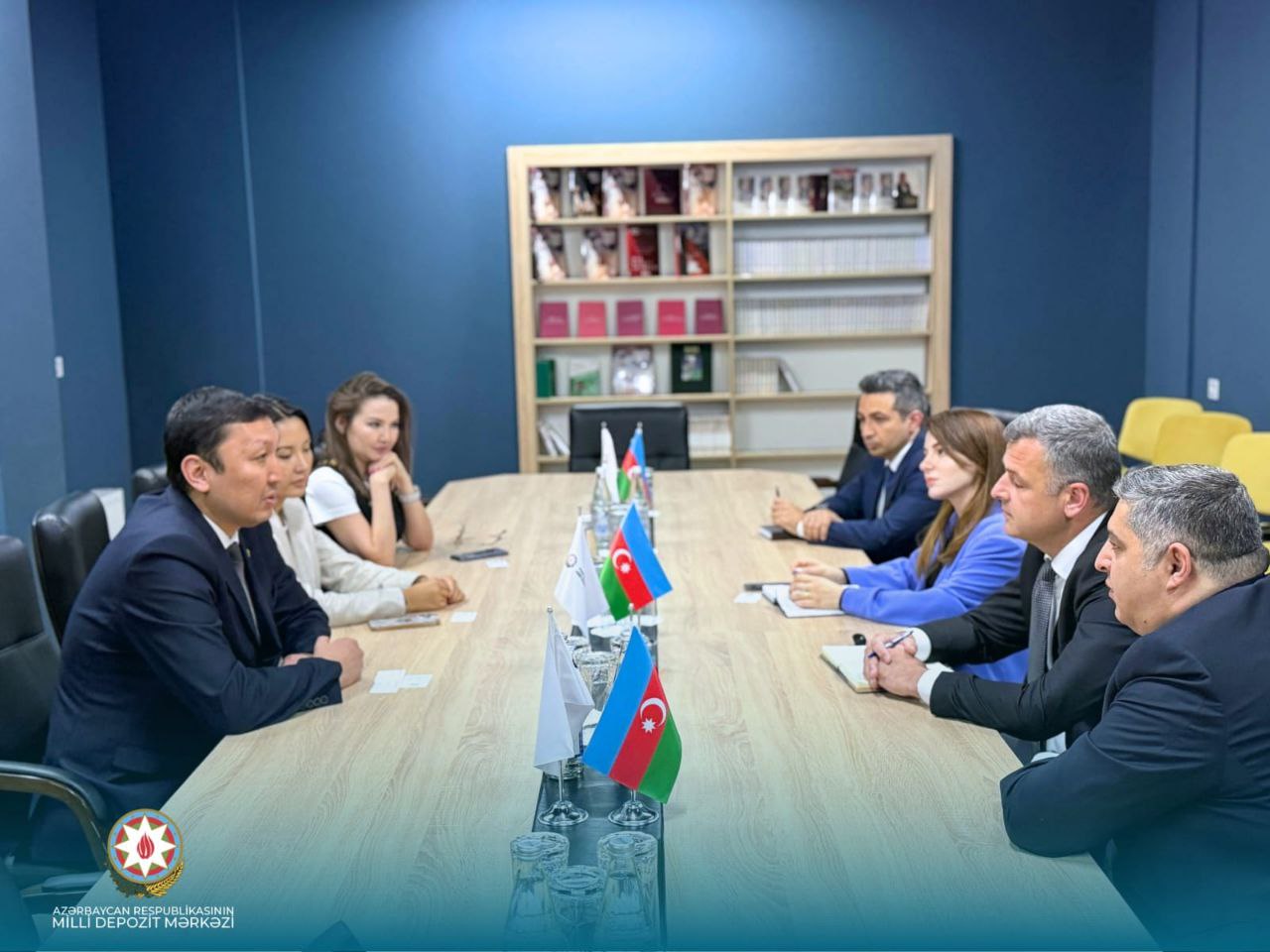
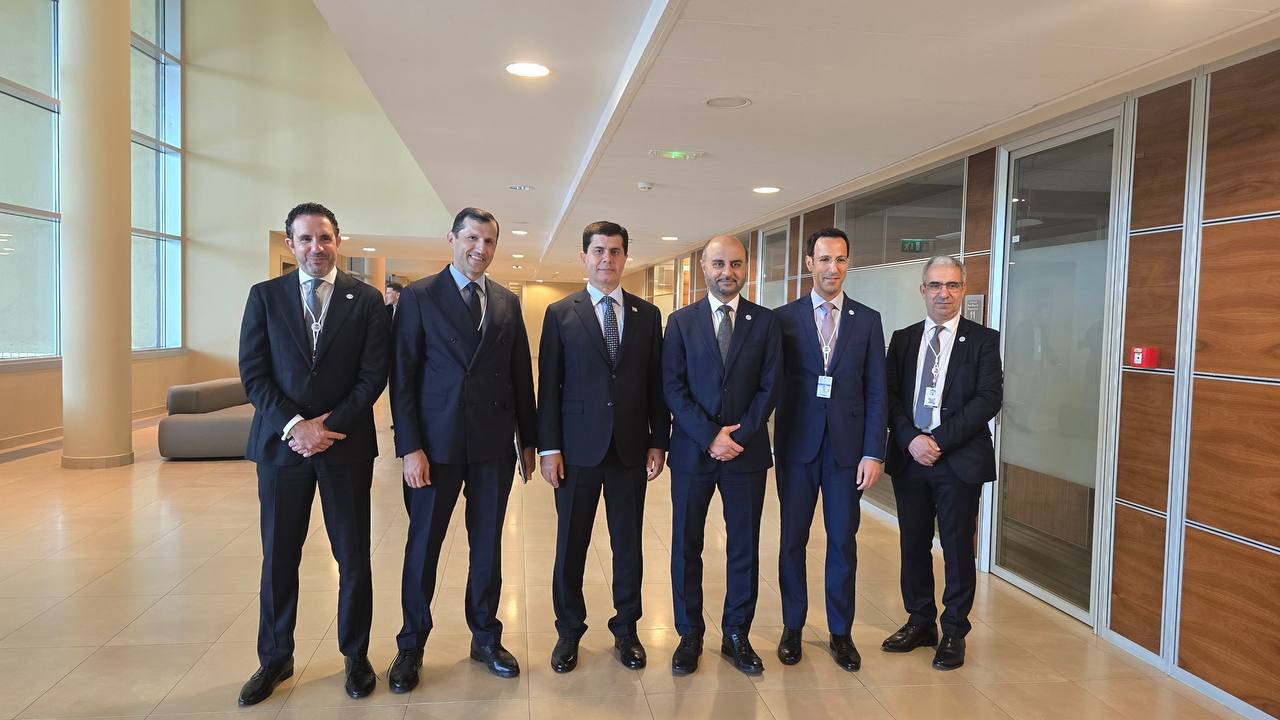










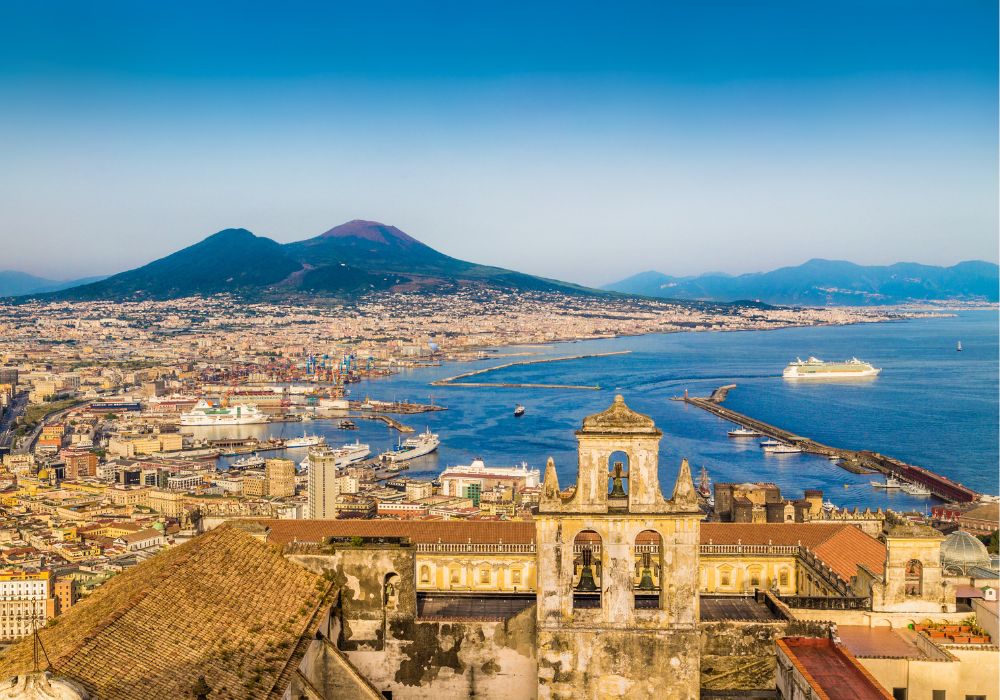
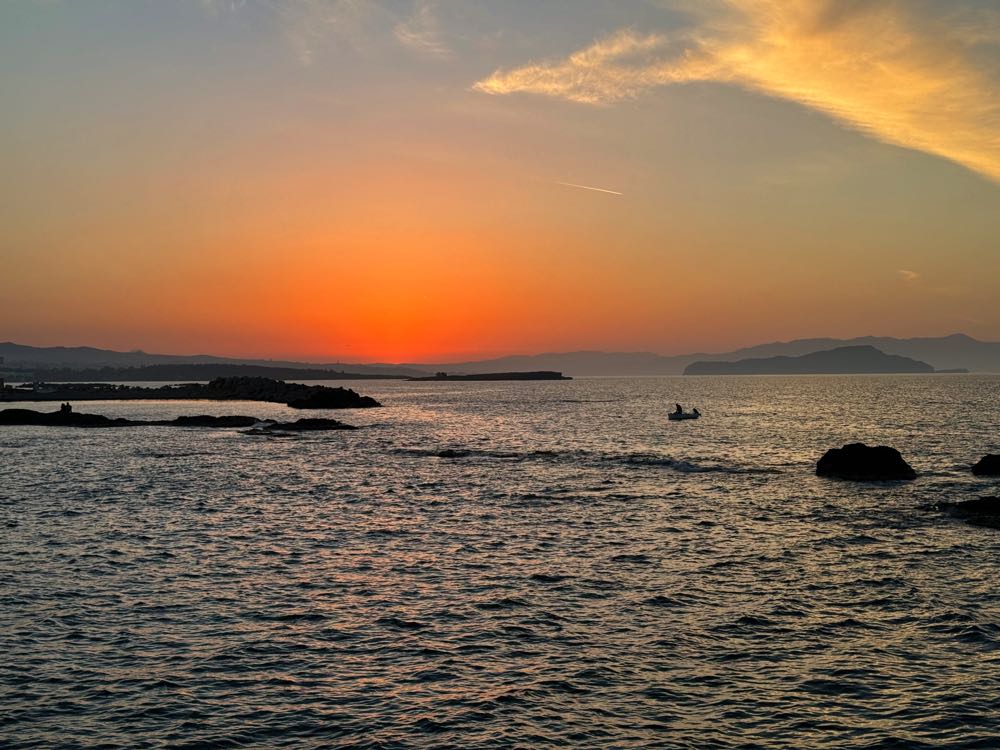

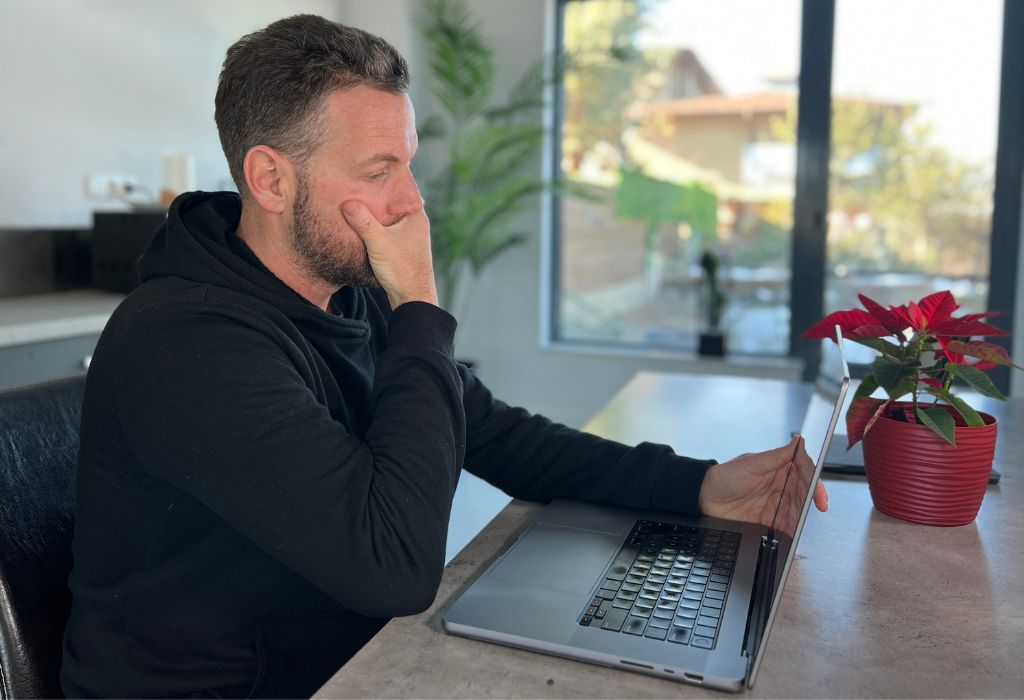






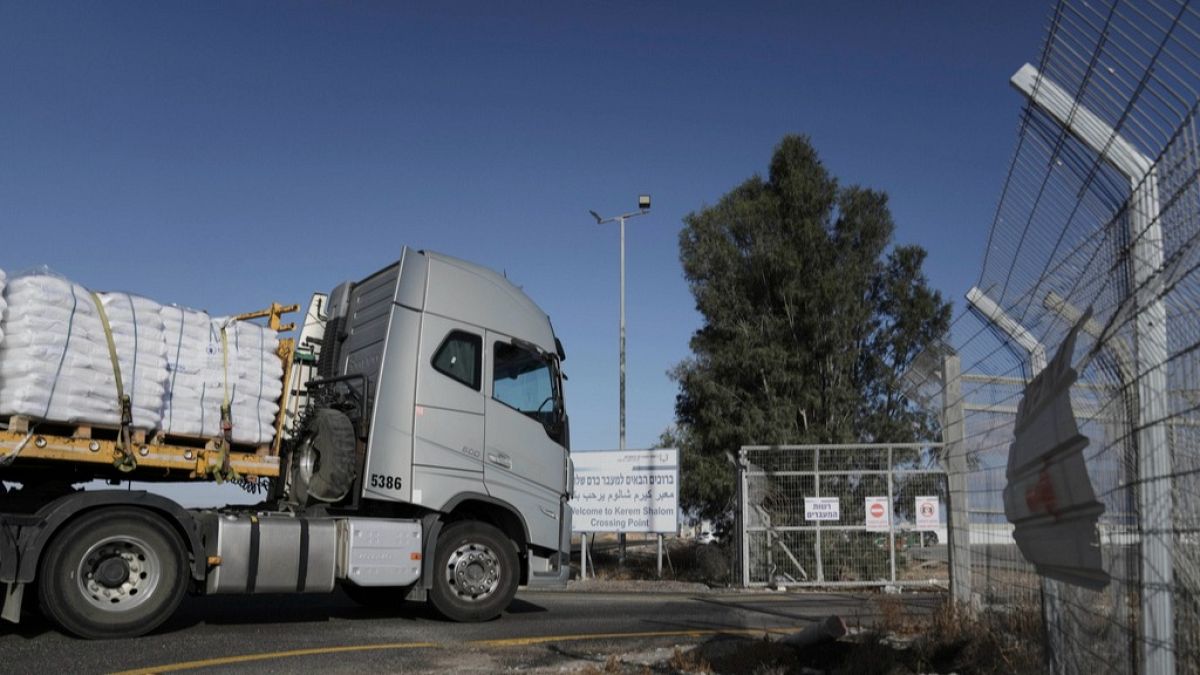
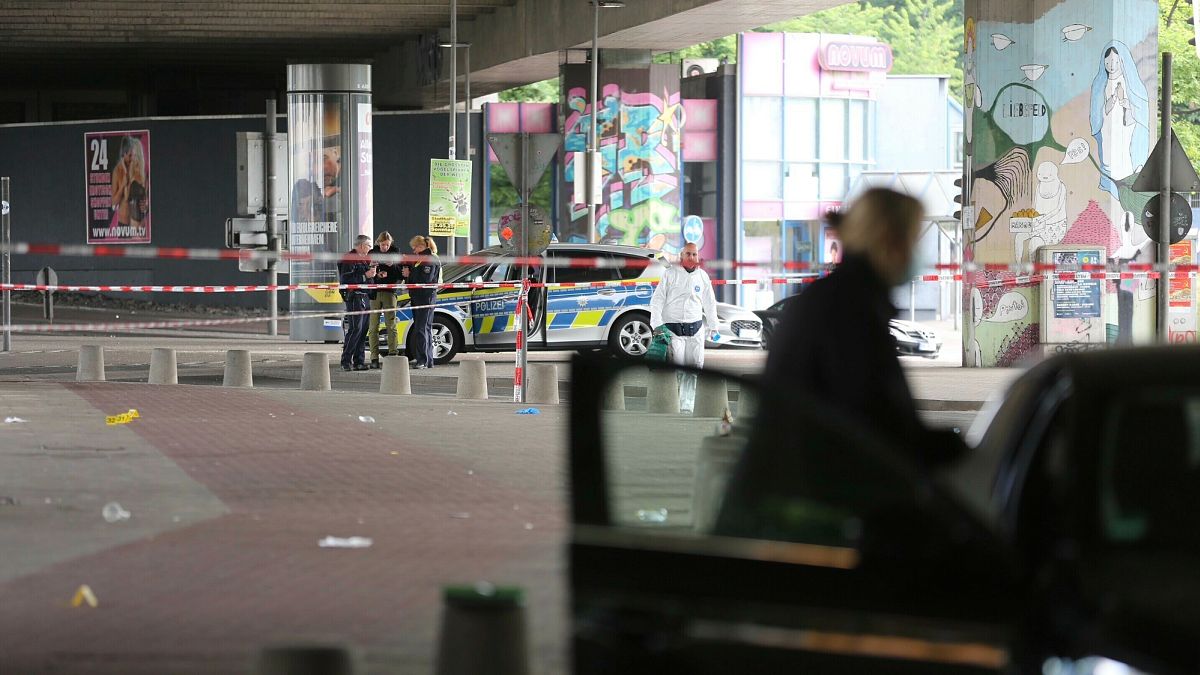






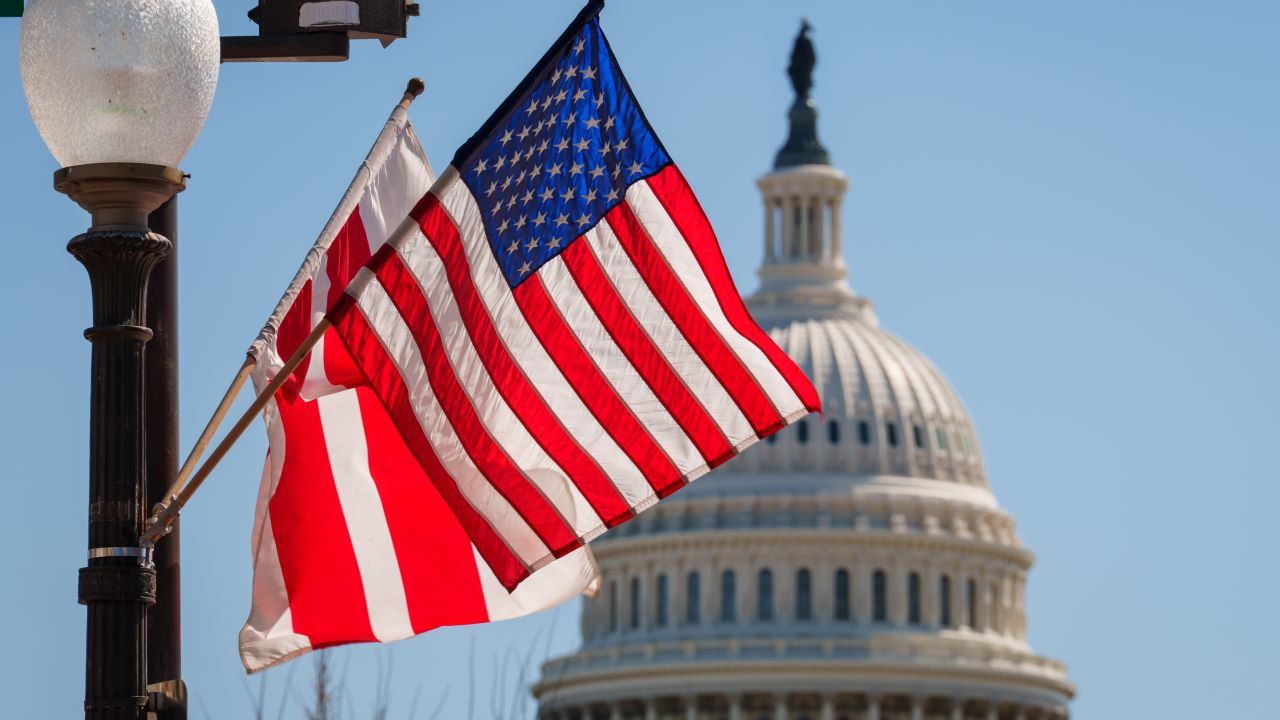




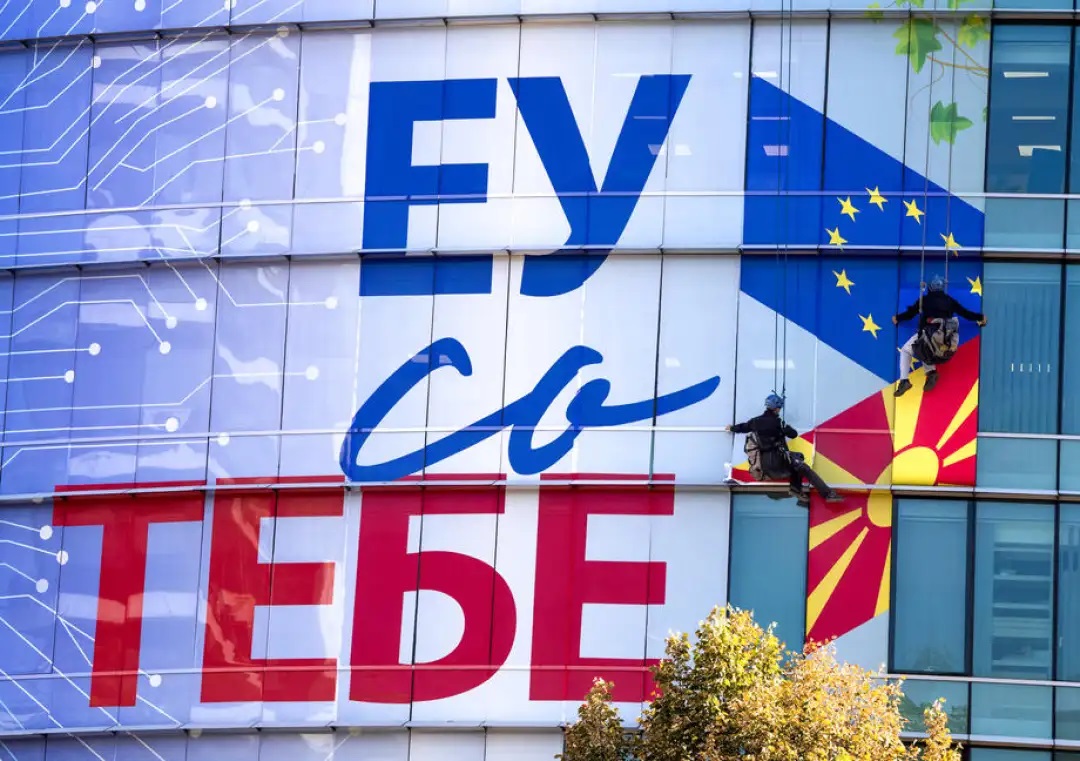

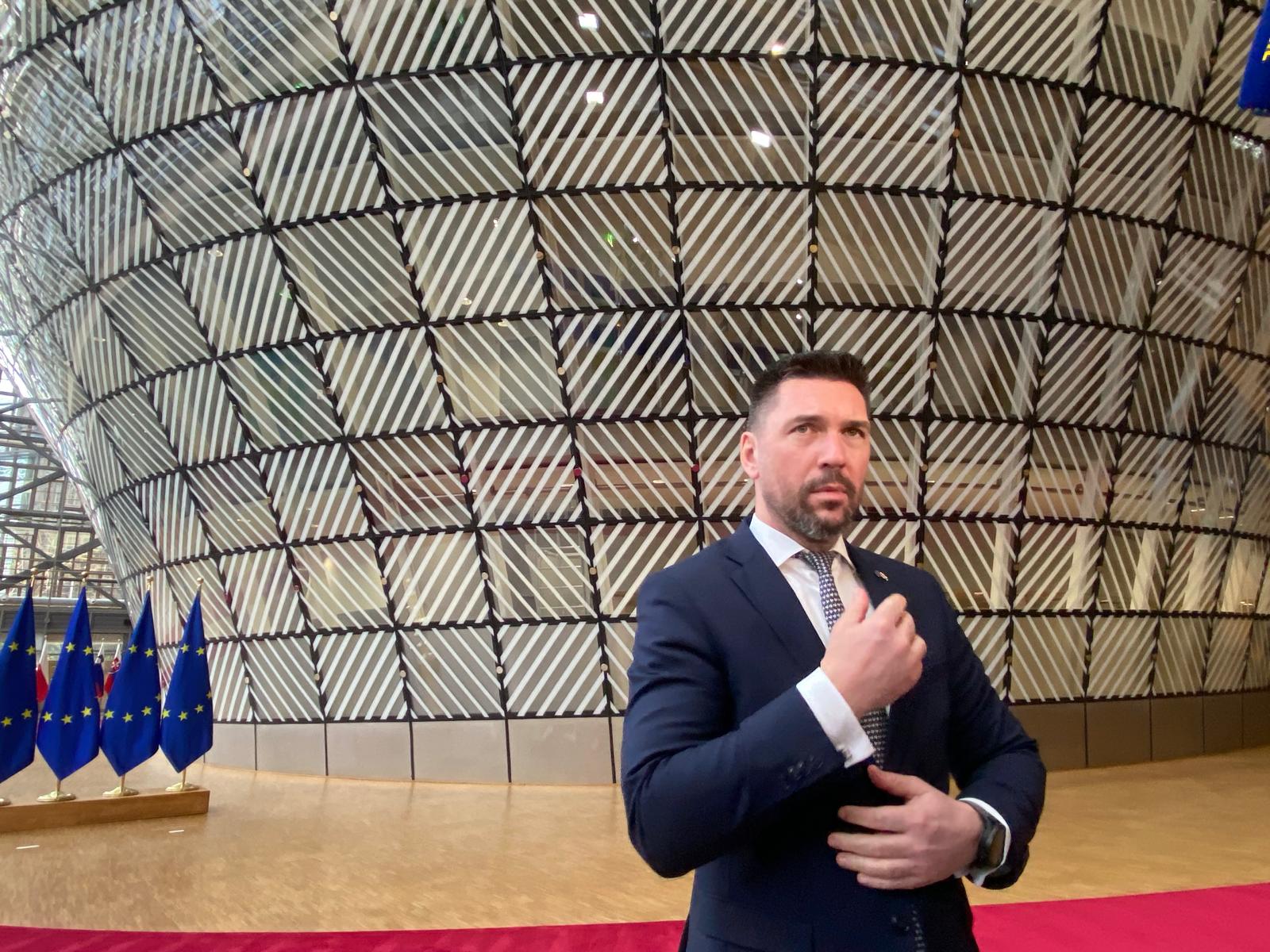
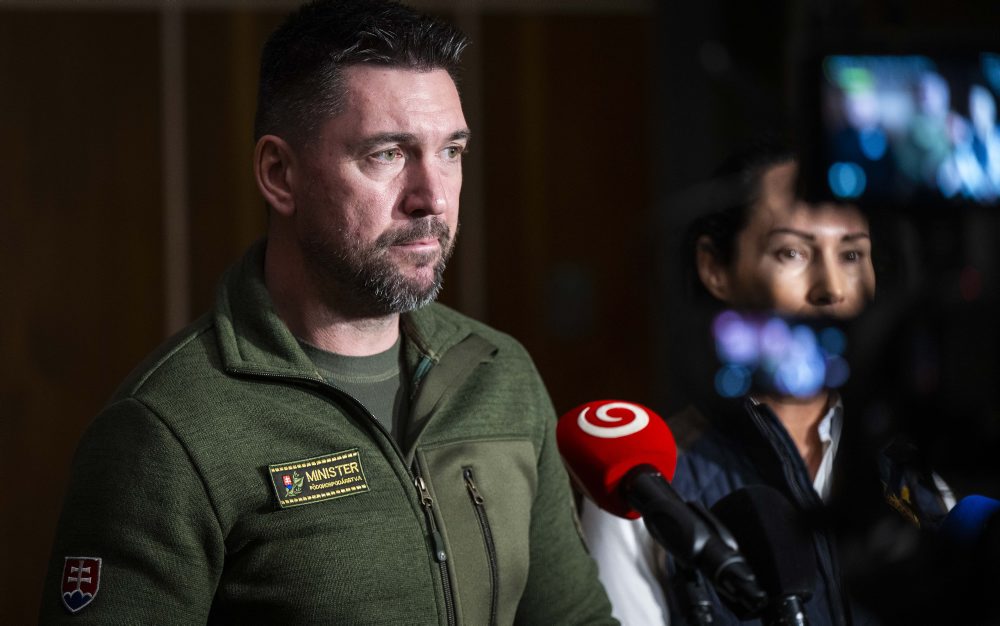
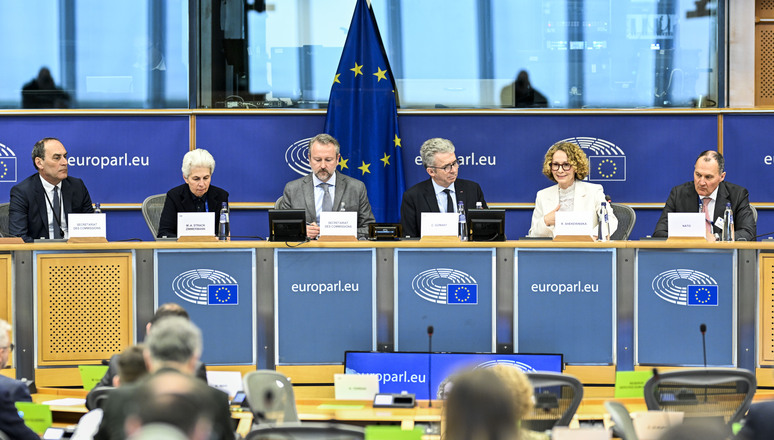



.png?Expires=1838763821&Key-Pair-Id=K2ZIVPTIP2VGHC&Signature=IO0~CT3pU-TcxGc~yoZSmoQx23MZVuK-~4jSii~NKEblRmyO3el7NXPu~Rh1o23voASg7hlcHLw4kvQuDK1jssEhcjoNBBvEpZ~GGOAU6yosBhpHpeF179F~h7i6VxmsBNh9gtTutkoqY73O2YCFey~IAqSzKbBqETP1kP9cAg1916Z1YkJJs-5MliMrkZ5d7-mWGLbpHp2wGj2VlMph8XzYlL4~y1O7fB~JdIS~Rs4RMRs2x0WT1qUIpHAsf3GdwtOyAmKFSpIg8xCyNGZZ5h~13nXlmpd7uPvW8tBfttpG9pFTqcway-uch5WyfHOEfi7UlJCOWrr6fCYY5PMgSg__)







